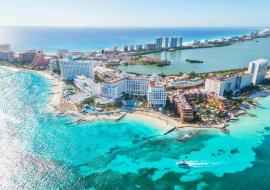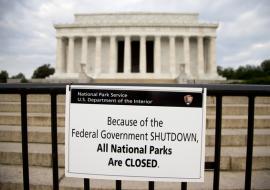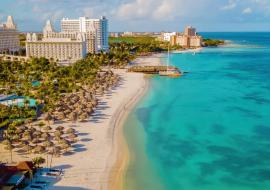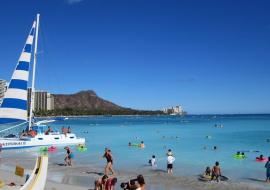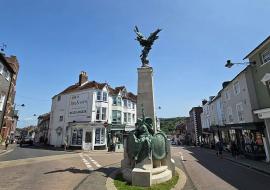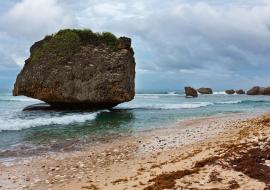A Baker's Dozen Reasons to Travel to Cuba
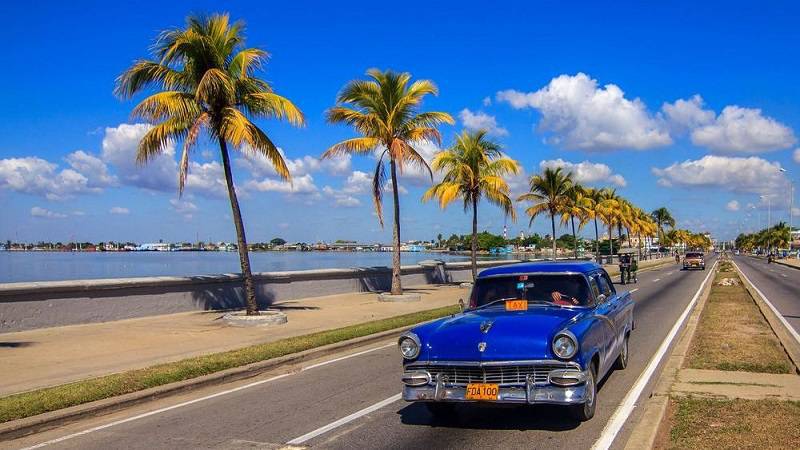
Consider what transpires between Washington and Havana because of injury to American and Canadian diplomats from mysterious sonic waves.
First, the U.S. stopped issuing visas to Cubans, not vice versa. That means Cubans on the islands cannot visit family in the USA. Harsh!
Second, the sonic attacks stopped. They were aimed at diplomats, not tourists. The latter infuse some $3 billion annually into the economy; the second source of foreign exchange.
Third, the FBI/CIA investigated the matter. This was the first time in over 50 years that the Cubans (knowingly) let them in. Even the Canadian Mounties flew down.
Fourth, the Canadians --strong allies of Cuba -- are also concerned that two of their diplomats were sonic victims but accepts that the Cubans did not target them.
Fifth, it is illogical that the Cubans would do this. What about the Russians, Iranians or North Koreans?
Sixth, Cuba needs tourism. U.S. tourists offset Venezuela's dwindling support.
Seventh, the Cubans deny doing this and have cooperated closely with our government since Obama negotiated embassy openings and a prisoner exchange.
Eighth, the sonic attacks were partially directed at hotels. Americans who stay at BnBs have nothing to fear. Staying in private homes also ensures Americans don’t patronize hotels businesses with military ties.
Ninth, President Trump needs a foreign-policy victory; picking on Cuba does that.
Tenth, the President’s appeal to a tiny base includes “little” Marco Rubio (Trump's term, not mine) supporters. Is this not preemptive 2020 GOP campaigning?
Eleventh, the U.S. Embassy has had a small Havana staff for 50 years. Nothing new here.
Twelfth, the U.S. Embassy remains open. The U.S. and Cuba have decades of diplomatic and international cooperation in repatriating rafters and drug running interdiction. Neither wants those to end.
Lastly, the Cold War ended. A ‘big-stick approach’ may work with North Korea, but is heavy handed here. Cuba’s tourism can rebuild after Irma and develop a resilient economy.
Using fear to curtail travel will only hurt Cubans trying to make an honest buck.
JOSEPH L. SCARPACI is the Executive Director of the Center for Cuban Culture + Economy
Source: The Roanoke Times







